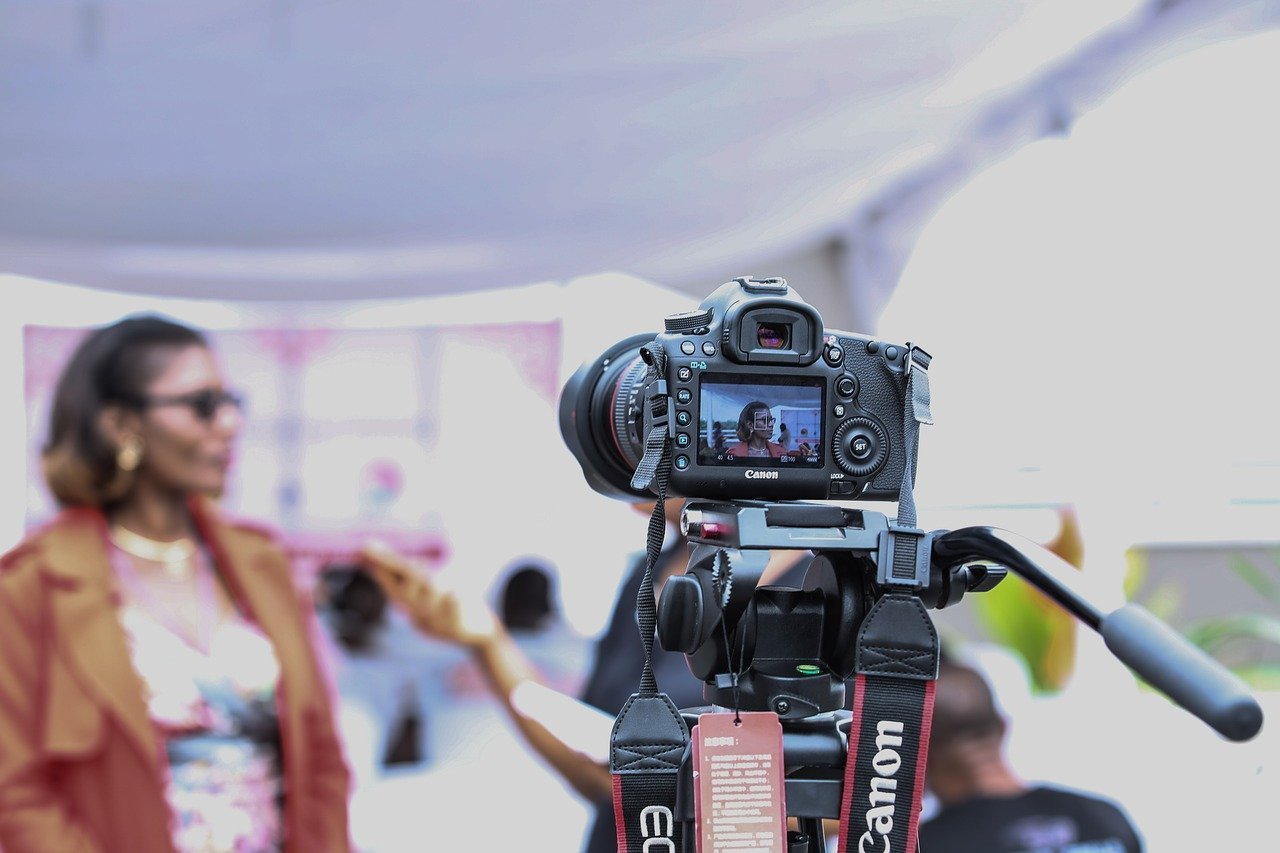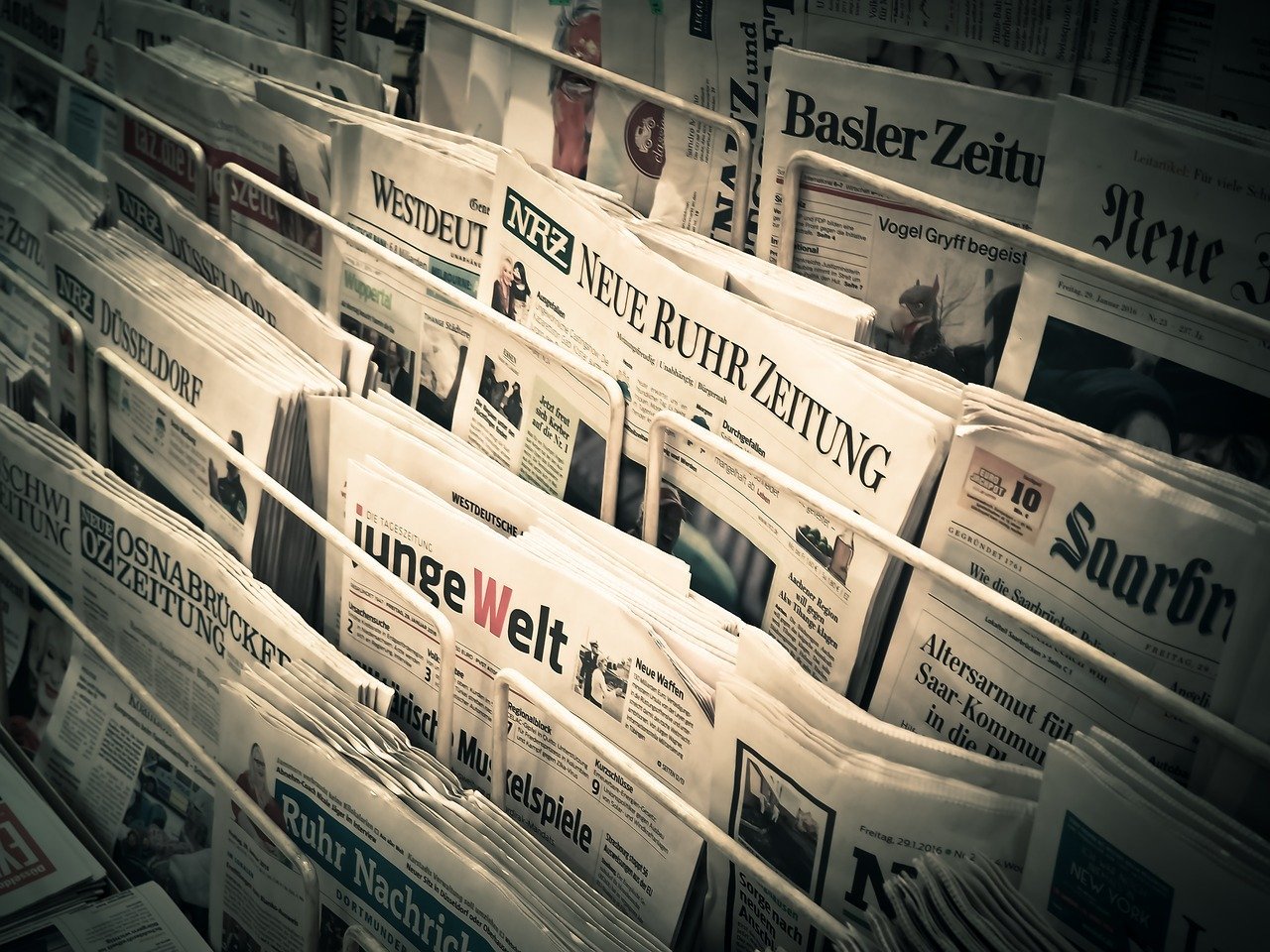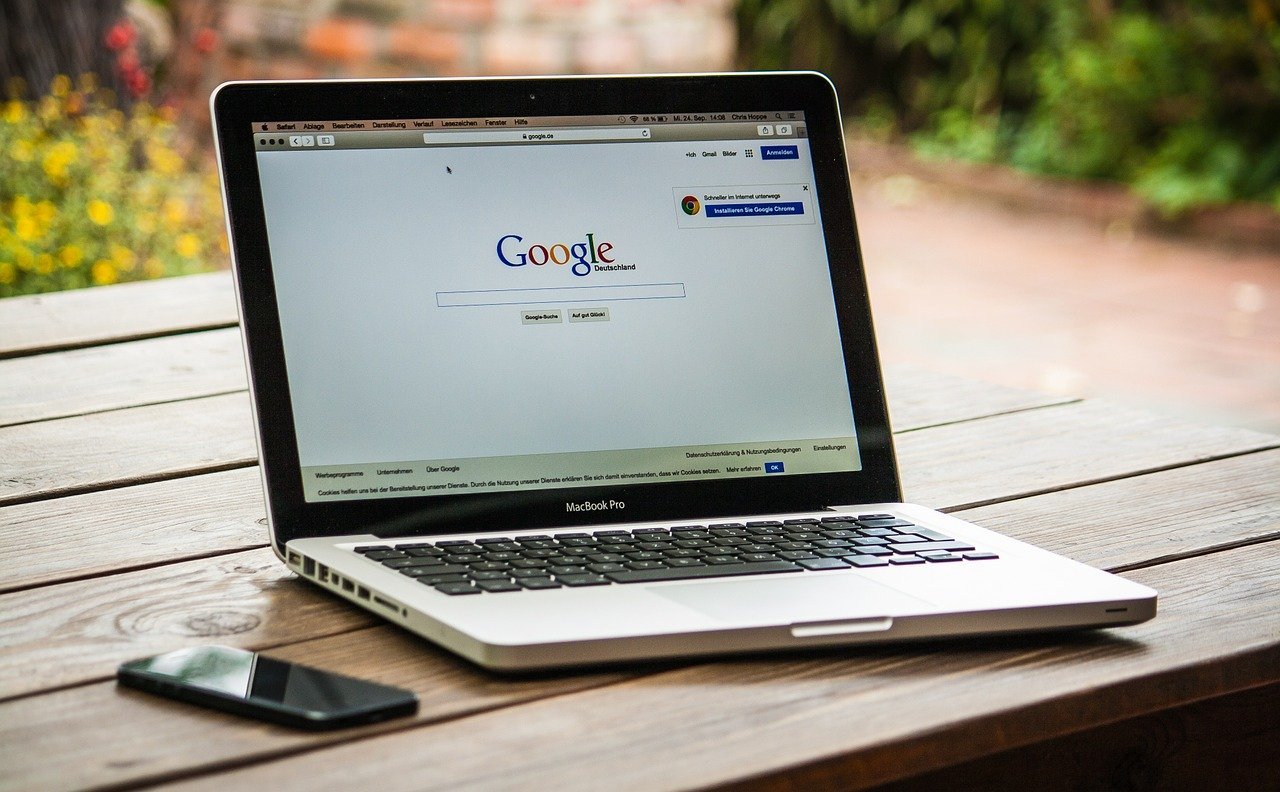How to research for an interview
Well done! You’ve landed your first ever interview for an article. You’re really excited but probably a little nervous – and that’s fine. If you’ve never interviewed someone before it can be a bit daunting if

Well done! You’ve landed your first ever interview for an article. You’re really excited but probably a little nervous – and that’s fine. If you’ve never interviewed someone before it can be a bit daunting if you feel like you don’t know what you’re doing. But with a bit of planning and preparation you can get it nailed. Here are some things you can do to research for an interview.
How to research for an interview
How you’re going to record it?
First things first – how are you going to make a note of what’s said in the interview? You could write it down or type it out, but that can be difficult to do if a person speaks very fast.
We would recommend you record the interview using the voice notes app on your phone, then it means you can take your time typing it out afterwards, you’re less likely to make mistakes and you can go back to it at any point.
Figure out your angle
Always keep in your mind why you’re speaking to that person.
Perhaps you want their opinion on a pressing issue like Brexit, perhaps you’re interviewing your friend about a volunteering project you’re doing, or you’re speaking to an expert about mental health.
When you’re interviewing them always keep your main angle or reason in mind, and try and stick to it without going too far off the point.
Always cover the five Ws
When doing research for an interview, as long as you get in the ‘five Ws’, you can’t go far wrong. They are:
- Who
- What
- When
- Where
- Why
If you get answers from them about these key details that means you’ve carried out an interview which will be useful to your readers as they will have learned some new information from your quotes.
Write them down in front of you while you’re interviewing and that can help remind you to ask the right things.
Learn about the person you are interviewing
Depending on how much detail you want from the person and how important they are to the focus of your article, you’ll want to research them and find out more about them.
If they’re an expert and you just want a couple of lines from them, their full name and job title will probably be enough.
If you’re asking a student for an opinion, you will need to include their name, school and year group – and anything else which may be relevant such as the subjects they are studying.
If you’re interviewing one person as the subject of your article (for example, a celebrity who is visiting your school) you’ll need to find out as much about them as possible. Their full name, age, occupation, where they live, about their family, their inside leg measurement… Ok not the last one, but you get it.
You can find most things about a person – particularly a celebrity – online now, but if there’s anything you can’t find and want to know you can ask them in the interview.
Remember to inform the people you are speaking to that they will be quoted in an article in The Llama, just in case this isn’t obvious and they didn’t really want their name in a story.
Write some questions in advance
Now you know all about your angle, your interviewee and the five Ws, it could help you to write down some questions in advance to ask in case you’re nervous and so you don’t forget anything.
Bring them with you and look at them from time to time during the interview so you remember to ask them.
After a while you may not need to write down questions anymore, but it can really help when you’re just starting out.
Think about time
Think about how long you actually need to interview someone for. If you only need a couple of lines, five minutes will probably be enough.
If the person is the focus of your article, you may want to interview them for 20-30 minutes or more.
Keep their contact details
This may sound obvious but make sure you have their phone number or email address so you can get back in touch with them if you need to check any details, ask another question if you think you missed something or get them to send you some photos to accompany the article. Also, it may be useful to make contacts for future stories!
Remember it doesn’t matter if it goes a bit wrong
Don’t worry if things don’t go to plan or it goes a bit off track – remember, you can always call or email a person afterwards to ask extra questions, or speak to someone different if the person you interviewed doesn’t give very helpful answers.
As you do it more and more you will improve and start to understand exactly what you want to get from an interview.




